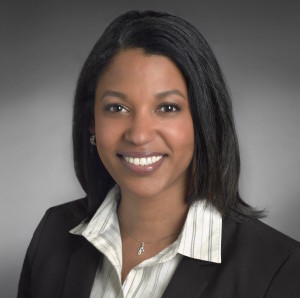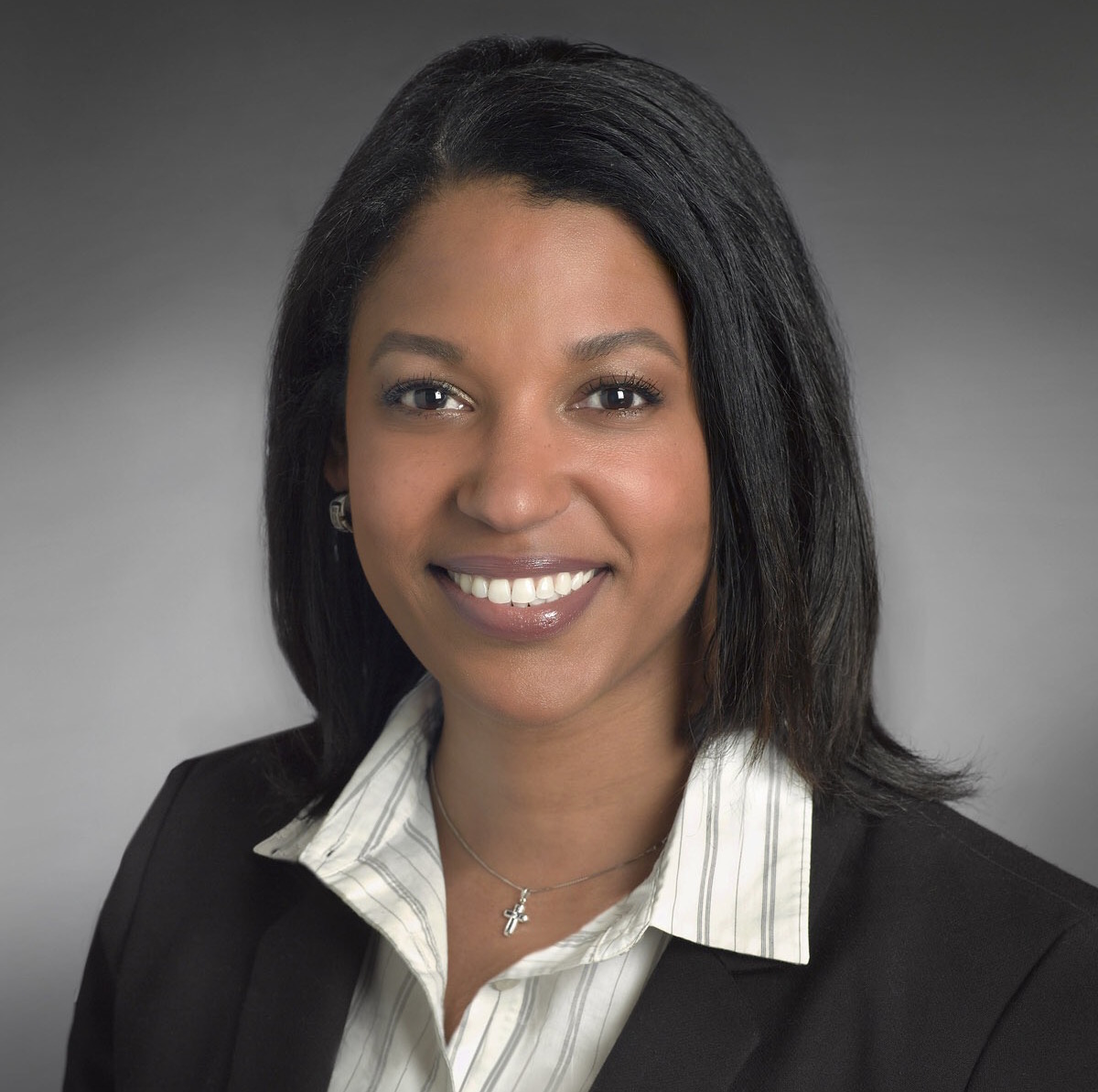Race and the Church: Another Post – by Ruth-Aimée Belonni-Rosario
 Race and the Church… another article, another conversation starter, another catalyst attempt, another piece of the conversation. Honestly, I don’t feel like writing this post. Some would argue that conversations about race are uncomfortable. They sure are. At worst, conversations on race are draining. I know how much energy it takes to engage. It is especially true for me when I am invited to write, facilitate, or catalyze these conversations. To engage on race and racism takes a mental, social, physical and spiritual toll. Yet, as much as I know how draining these conversations can be, I acknowledge their value, and commend those who are interested in and convicted to engage in them, as I know first hand how difficult, sensitive and deeply personal these conversations are.
Race and the Church… another article, another conversation starter, another catalyst attempt, another piece of the conversation. Honestly, I don’t feel like writing this post. Some would argue that conversations about race are uncomfortable. They sure are. At worst, conversations on race are draining. I know how much energy it takes to engage. It is especially true for me when I am invited to write, facilitate, or catalyze these conversations. To engage on race and racism takes a mental, social, physical and spiritual toll. Yet, as much as I know how draining these conversations can be, I acknowledge their value, and commend those who are interested in and convicted to engage in them, as I know first hand how difficult, sensitive and deeply personal these conversations are.
Conversations on race, racism and the church are made that more difficult and complex by how more often than not racism or racial discriminations are considered “problems.” Labeling racism (and race) a problem implies that there is a need to strategically deal with and solve the situation. The purpose for gatherings on racism and race, by and large, seem to be to fix this problem with the least hassle and trouble possible. I wonder, however, what would it be like to see racism as a disease – a cancer, a virus – as something that is already a part of the organism? And in considering racism a disease, what would it be like to deal with racism not as something we can cure, fix or solve, but as a condition that will require a long, intentional and consistent treatment?
Whether we realize it or not, the church has been socialized to expect from and interact with minority groups in stereotypical ways. For far too long, this socialization that has given birth to stereotypes have gone unchecked, uncalled, and unnamed. Those in the majority culture – whether they are aware of this or not, and with or without intent – impose expectations on racialized and minoritized communities. This is also true in the church. And these expectations are stereotypes. And stereotyping in this way is racism.
There are multiple instances when, with or without intent, this socialization is made evident in the church for instance:
White church member: “When did you become a Presbyterian? Tell me about your worship style.”
Non-White church member: “I am a fourth generation Presbyterian.”
White church member: Peculiar physical, non-verbal response demonstrating genuine surprise, confusion, annoyance and/or embarrassment. The person may realize the absurdity of the question, catching his/herself in stereotyping behavior.
White church member (further, perhaps realizing her/his stereotypical behavior, perhaps surprised that his/her experience is might not be normative): “Oh, you are more Presbyterian than I am.”
To relate to and with others, particularly as Christians, requires openness to learn from each other (and the humility to do so). It also requires vulnerability to receive and give in the learning. It is not uncommon, as referred in the above mock conversation, that White persons want to learn from the cultures of non-White communities. Whether it is hosting an immigrant congregation, going downtown of the closest urban center, or traveling half around the world for a week or two of what is more often than not “missionary tourism”, these experiences seem mostly to affirm the wealth, opportunity, and/or access many White Christians have as opposed to the others they have encountered. Seldom is there an engagement that happened in the encounter, and less so a sustainable relationship developed. A superiority complex, whether intended or not, based on having seen (not even experienced) the disadvantage of others based on poverty, and poverty in its far too often correlation to race and ethnicity, is classism and racism.
White privilege and racism are related, and alive and well in American society and the Church. White privilege has developed, nurtured and encouraged an ecosystem of fallacy where an alternate reality has developed and taken root. The fallacy is that superiority complex many in the White community have – whether intended or not. The roots it’s taken is the reality of best access to education and jobs, and better pay and social status for Whites. As much equal opportunity for education and work as their might be in the United States, and in the Church, there is gap of opportunity that favors Whites over non-White communities.
Racism and racialization, and the systems it has created in society and the Church, is not the issue of the victims of that social and cultural construct (i.e. non-Whites). Those who have benefited of these constructs are the ones called to lead this conversation on how to treat this institutional illness embedded in our society and the Church. It is more often than not that those in the dominant culture and those in position of power in the Church turn to minoritized and racialized communities to lead dialogues and provide alternatives to this problem. As much as minoritized communities need to be a part of these conversations, I wonder how would the conversation ensue if those in power and those of the dominant culture began this conversation by answering why is racism a reality in the first place?
The direction of the conversation needs to change and expand. Otherwise, those who are victims of racism will continue to be wounded by their willingness to be vulnerable. For far too long, and far to often, persons of marginalized, minoritized, and racialized communities are expected (even required, coerced perhaps) by the majority culture to open wounds (new, personal and historic) that were inflicted by that white majority culture in the first place. The call for “safe space” for dialogue only serves white participants by allowing them to keep themselves – as individuals and as a people – at bay of becoming vulnerable to hurt and pain, while leaving the victimized to deal with their own wounds and pain. These “safe spaces”, I would argue, are devices of white privilege. Those in the dominant white culture continue to have the privilege of using white guilt as an excuse to not participate, and at worst to portray themselves as the victims of criticism. All in all, keeping the status quo and refusing to relinquish the power of white privilege.
It is, precisely, because race and racism is a reality, and because of everything that has come out of those constructs are ongoing, that we need to talk, write and catalyze these conversations in order to become aware of the depth of this disease, even as it has infected the church. I agree, conversations on race, racism and the church are burdensome. However, this burden was created by the American culture and by American church institutions. And today we are living with the dire consequences of that creation. I will continue to encourage all who step into this conversation that, whenever the conversation seems to become a heavy burden, to remember the faces and names of persons in this church, in this country, and truly throughout the world – countless – who do not have the space or the privilege not to carry this burden because this burden seems to be their very lives. For some, race and racism in the Church is the topic do jour. For others, racism is as ubiquitous as the air one needs to breath, and cannot escape it. And so I ask, when will we move beyond the sensational topic of the day and move into facing this cancerous, witness-threatening, humiliating reality towards creating a better, truly open, truly equal space for all in the Church?
Ruth-Aimée Belonni-Rosario serves as Dean of Admissions of Lancaster Theological Seminary where she continues to pursue her passions for journeying with persons at the front end of their vocational journey and for the formation of leaders of the Church committed to diversity, justice and reconciliation. A teaching elder member of New York City Presbytery, Ruth-Aimée has worked in various mid-council and General Assembly task forces and committees related to gender justice, race and racism, strategic development and visioning, and vocational discernment.


Thank you for helping to move the conversation about race to another level.
Pingback: Don’t Call Me An Ally: Getting to Work –
Pingback: Race and the Church: Another Post – by Ruth-Aimée Belonni-Rosario – Ecclesio.com « Reformed faith salsa style